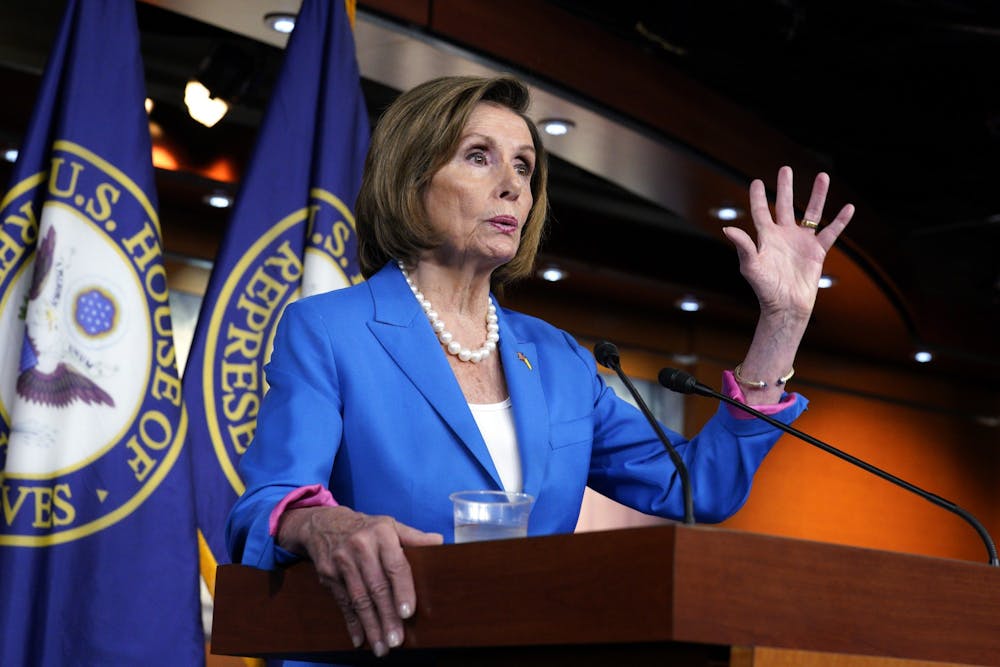“Hey Nico, it’s Nancy Pelosi. The Democrats MUST win the House if we want to save democracy. Can I count on you to donate in the next 10 minutes? If you don’t donate, I’ll burn your house to the ground.”
It's election season, so if you live in a swing state, you’ve probably gotten a text or call along the lines of that message. Campaign technology has progressed by leaps and bounds in the last decade. If you were going to tell the campaign manager of Obama's 2008 presidential campaign that they’d be able to make 100,000 calls in one day, he’d probably call you crazy.
I understand the trigger-happiness of the Democrats when it comes to using new technology like predictive dialers and text-banking software. I really do. But something has to change.
On an average day, I get about eighty emails from Democratic campaigns and PACs of all kinds. Most of them are fundraising emails. They often ask me, a North Carolinian, to donate to a campaign out of state.
In addition to the emails, I’m inundated with a near-constant barrage of texts from these PACs and campaigns. The messaging is weak at best and cringe at worst. They often leverage moral outrage and the language of movements to try and get a donation.
You’ll see the words “savior of democracy,” “movement builder," and “change-maker” a lot in these messages. Sometimes they even attempt to trick voters into donating to the cause.
“NICO– I can’t believe you’ve done this to me. We are in the fight for our lives here. We need $4,589 before our fundraising deadline at MIDNIGHT tonight. If you actually wanted to be a warrior of democracy, you slimy toad, you’d help Papa Biden out. So pretty please – donate now or I’ll be forced to pawn George Washington’s portrait off for petty cash.”
Now, these emails and texts wouldn’t be that malicious if they were just annoying but ultimately harmless. That is unfortunately not the case. These texts and emails use countless resources that can siphon money away from other electoral projects that are more effective at turning out voters. And depending on the messaging, these texts and emails even slightly depress voter turnout in communities of color.
While the 2017 study that cites this depression of turnout is just preliminary research, it highlights an important part of this conversation – political parties (such as the Democratic Party) have proven themselves unable to systematically use messaging to effectively turn out voters.




